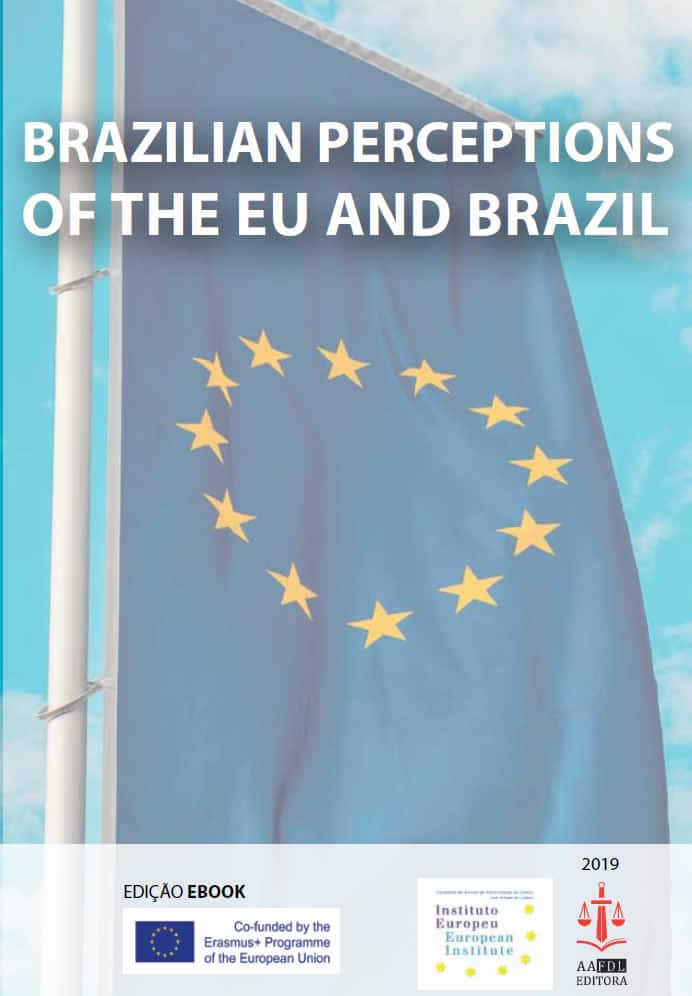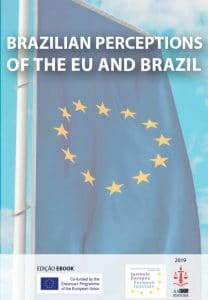INTRODUCTION
This collected volume is the result of the research undertaken within the Young Researcher Seminar book project, which is core to the Brazil- Caeni-EU Project, a three year (2015 to 2018) Project of the Institute for International Relations (IRI) of the University of São Paulo, co-financed by the European Union’s Erasmus+ Programme, in the form of Jean Monnet Support to Institutions project funding.
The 10 chapters of this book are drawn from the research and presentation of nineteen young researchers from different states and universities within Brazil, spanning diverse disciplines and exploring themes arising in the context of the EU-Brazil Strategic Partnership, which reached its ten year anniversary in 2017. Disciplines participating in this seminar include social and political sciences, international relations and international affairs and development, law, communications as well as environmental management and sciences, languages and literature. This seminar proceeded in English in order to help establish networks beyond Brazil, and aims to set the foundations for identifying and stimulating future research questions and initiatives arising in the context of research on Brazil-EU relations today.
Reflecting the multi-disciplinary reach of the Call for Papers of August 2016, the Young Researcher Seminar of February 2017 presented contributions tackling diverse issues ranging from trends in Brazilian foreign policy rhetoric, topical trade and environment matters, multi-lateralism and bilateralism in the EU-Brazil relationship, the significance of knowledge mobility in Brazil-EU relations, EU external relations, as well as analysis of policy and regulatory instruments by young environmental managers and scientists in addition to young lawyers, relating to the environment, climate change and energy, cross-cutting horizontal issues dealing with eco-system services in forestry/agricultureand payment for ecosystem services, the traceability issues in the sharing of genetic resources, and common challenges for translating scientific and regulatory innovations into policy concerning waste electronic and electrical equipment (WEEE) and construction materials.
The ten contributions contained in this collected volume are arranged into two parts. The first part is entitled “Brazilian Perceptions of Brazil’s relations with the EU” and the second part is dedicated to comparative legal and policy analysis, by lawyers as well as environmental managers on topics under the heading of climate change, energy, ecosystems services and the traceability and exchange of genetic resources.
| Editor | AAFDL Editora |
| Autor(es) | Caio H. Duarte, Fernando Paiva Scardua, Fernão Kastrup, Joyce Pereira de Almeida, Juliana Bighetti Almeida, Leandro Almeida Lima, Lívia Radaeski, Patrícia Bianchi, Paula Galbiatti Silveira, Rafaela Marinho Silva, Samara Martins Silva, Thiago Mattos Moreira, Vanessa de Vasconcellos Lemgruber França |
| Ano | 2019 |
| N.º Págs. | 324 |
Tem de iniciar sessão para enviar uma avaliação.






Ainda não existem avaliações.